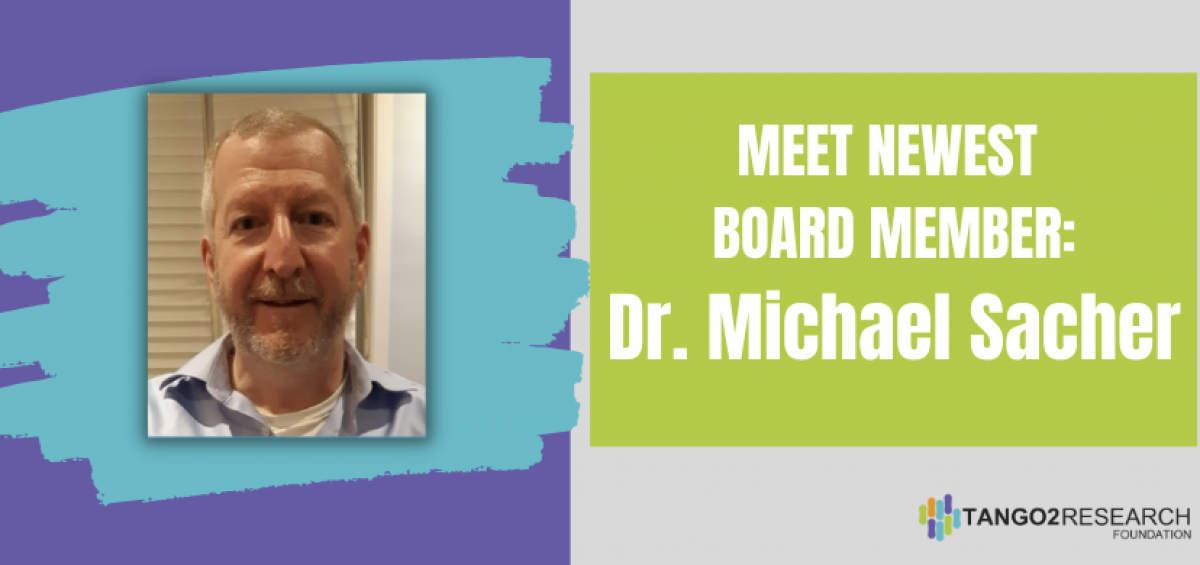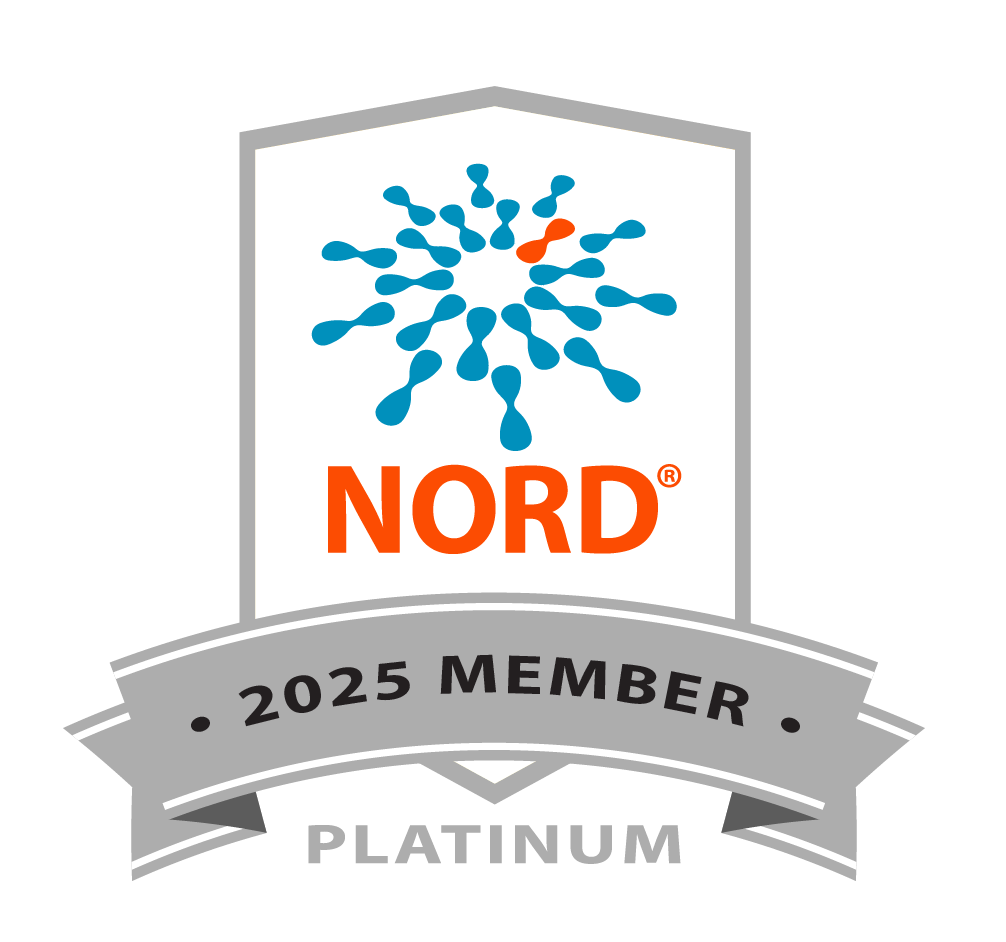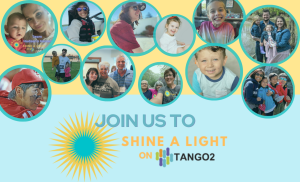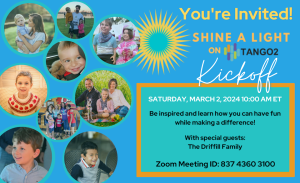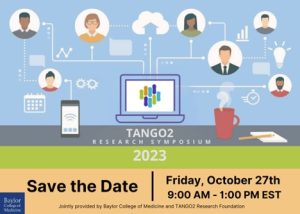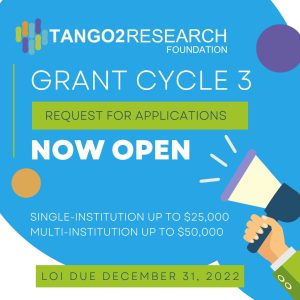We are pleased to introduce Dr. Michael Sacher as our newest board member! Read below to learn how he connected with our community. Also, catch Dr. Sacher as one of our featured speaker during the TANGO2 Research Symposium on November 6th!
Please tell us your role at the TANGO2 Research Foundation?
I am a volunteer and member of the board of directors.
How long have you been involved with the TANGO2 Research Foundation?
I have been involved with the Foundation since I received funding in 2020 as a researcher for their inaugural research funding cycle.
What is your background and what lead you to the TANGO2 community?
I received a PhD in Biochemistry from McGill University in Montreal, Canada. I then went on to work as a postdoctoral associate in the Department of Cell Biology at Yale University where I discovered a large protein complex called TRAPP. After a short period in biotech, I started my independent research laboratory at Concordia University in 2006. There, I continued my work on the TRAPP complex and showed that it is involved in movement of proteins between the endoplasmic reticulum and the Golgi. Since 2013, my laboratory has focused on diseases linked to mutations in genes encoding TRAPP proteins. Several years ago we started studying how TANGO2 affects transport to the Golgi. Unexpectedly, we found that it might actually function at another cellular compartment called the mitochondria.
What made you say “yes” to become a volunteer for the Foundation?
When I was asked to join the board of directors I was very happy to accept this position. Over the preceding year I had come to realize how passionate and driven the leadership of the foundation is. It is largely composed of parents whose children are affected by TANGO2 mutations. While the parents are not experts in science, they have quickly become knowledgeable in many of the cellular processes that TANGO2 affects. They are eager to know what tools researchers need to make strides in TANGO2 research and they foster a collaborative atmosphere between researchers examining this protein.
How has your experience been as a volunteer so far?
It is truly inspirational to be a part of this team and I hope to be able to contribute whatever expertise I can to move this foundation closer to a cure or treatment for TANGO2 disease.

